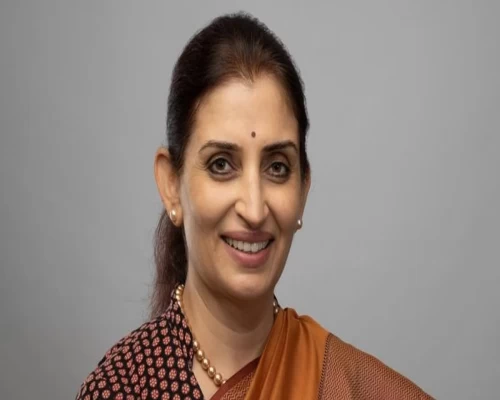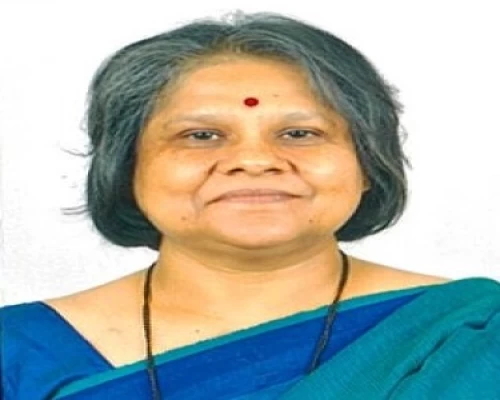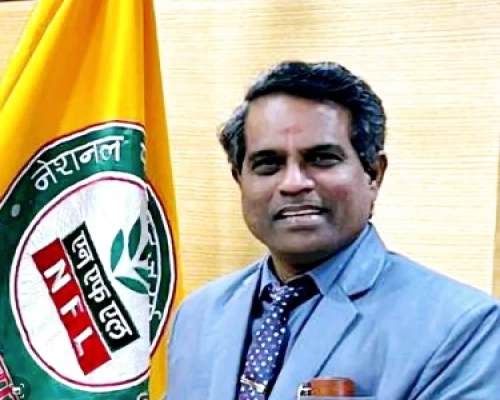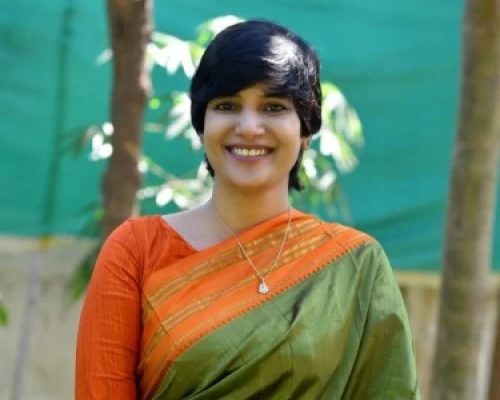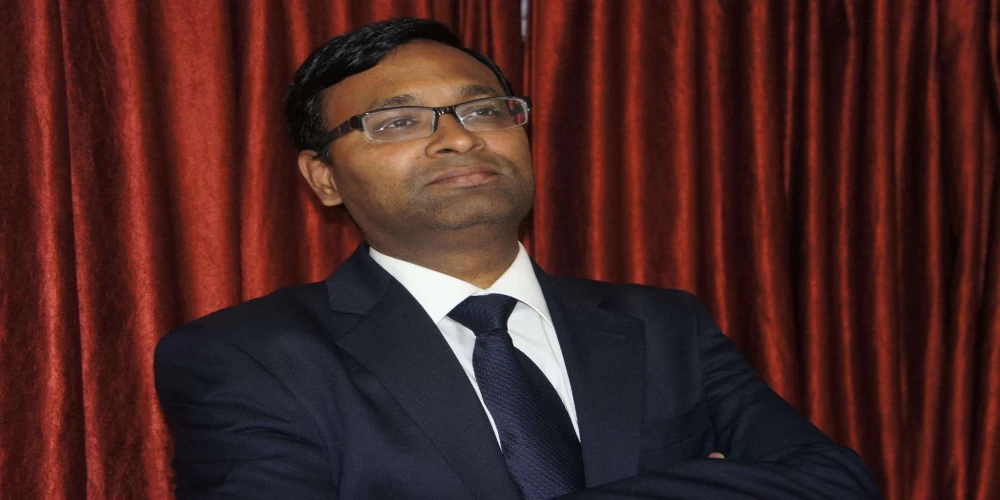
Dr Saumitra Mohan, an IAS officer of the 2002 batch of the West Bengal cadre, brings a wealth of experience and a diverse background to his role as the Secretary of the Department of Transport, Government of West Bengal. Holding a PhD from Jawaharlal Nehru University and a law degree from Calcutta University, his journey encompasses roles as a journalist with The Indian Express and The Press Trust of India, a lecturer of Political Science at Chaudhary Charan Singh University, Meerut, and an Assistant Regional Director at Indira Gandhi National Open University, New Delhi.
His administrative career includes positions such as Sub-Divisional Collector & SDM in Alipurduar and Jalpaiguri, Additional District Magistrate in Jalpaiguri, ADM in Hooghly, CEO of Siliguri Jalpaiguri Development Authority, and Secretary, Department of Tourism, Government of West Bengal. His contributions to election management were acknowledged by the Election Commission of India in 2017. A prolific author with 16 published books, Mohan embodies a commitment to public service and innovation in governance.
In this exclusive interview with Dr Navneet Anand, Editor-in-Chief, Bureaucrats India, Dr. Saumitra Mohan shares his rich journey and plethora of experiences concerning innovation in good governance and administration.
With such a diverse career path—from academia to academic administration, journalism, and now administrative service—you have maintained your academic pursuits and ability to write articulately. How have these varied experiences shaped you as a bureaucrat over the years?
As a bureaucrat, we are supposed to be generalists, having an idea about everything that goes on around us. My diverse experiences in journalism, academics, teaching, academic administration at IGNOU, and working with Akashvani and Doordarshan have all shaped me. These experiences, combined with my background and education, have given me different perspectives and enriched the way I serve the state and the country.
As Secretary of the Department of Transport, what are your top priorities and initiatives to address transportation challenges in West Bengal?
Transportation challenges in West Bengal are similar to those seen elsewhere in the country. Our role in air transportation is limited, mainly focusing on facilitation, as most airports fall under the Ministry of Civil Aviation. However, West Bengal has a well-developed water transportation system. We are investing over Rs. 1,500 crore to modernise and expand this sector, including adding more jetties and ferry services, with a focus on converting them to electric services.
In road transport, our goal is to provide the most smooth and convenient modes of transportation. We ensure our State Transport undertakings and Regional Transport Authorities meet the needs across the state. We process and issue numerous permits and manage thousands of bus services, including inter-state ones. We have made sure that abundant transportation is available to people.
The tram services have shrunk over the decades. How much area do they cater to now?
You'll be surprised to know that trams were once horse-drawn in the pre-independence days, with the department owning a thousand horses at one point. We used to have 31 tram routes, but now only three are active due to waning preference. We aim to preserve trams as part of Kolkata’s heritage and look for ways to reinvent them. They remain a top tourist attraction in Kolkata, with special tram services during events like the Puja.
Given your varied experience as an IAS officer and your background in both education and governance, how do you envision leveraging educational institutions for road safety? What has been your focus beyond metropolitan cities?
Road safety requires collaboration among various stakeholders, including citizens, the education department, police, transporters, the health department, and road-owning authorities like NHAI. We coordinate with these stakeholders to address road safety issues. In the education sector, we propose road safety committees in schools, with a child cabinet that includes a "Parivahan Mantri" to sensitise students and their guardians about road safety.
During your tenure as Director of the National Health Mission and Secretary of Health, you witnessed significant strides in healthcare delivery. Can you share some of your experiences from that time? Also, how do you plan to integrate health considerations into transportation policies for a more holistic approach to public welfare?
When I joined, COVID-19 was the major challenge. Leading the fight against this once-in-a-century disease required rapid expansion of health infrastructure. We went from having one hospital for infectious diseases to 80,000 beds within six to eight months. This experience showed how the system can come together to build massive infrastructure quickly.
For integrating health and transport, platforms like IRAD and eDAR allow stakeholders to enter data on road safety. The health department's role includes entering road accident data for analysis and corrective action. We also provide regular health checkups and training for drivers, conductors, and support staff.
You have been a proponent of technology and transparency. What initiatives has your department taken to use technology, especially in licensing and registrations?
In the transport sector, two nationwide software systems—SARATHI and VAHAN—are crucial. In West Bengal, we offer around 156 online services through these portals, with 104 being faceless services. Services like applying for permits, driving licences, learner’s licences, registrations, and paying taxes are all available online. We have also geotagged all our auto-emission testing centres to ensure vehicles are tested properly before receiving Pollution Under Control certificates.
You have also served as District Magistrate in Bardhaman, Jalpaiguri, Darjeeling, and other places. How do you view the transformation in grassroots governance?
The conception, attitude, approach, and philosophy of governance have changed significantly since independence. Our training at LBSNAA emphasises that we are civil servants, serving the people. Technological advancements have made governance more transparent and accessible. Initiatives like Duare Sarkaar (Government at Our Doorstep) and Paray Samadhan (Solution in Your Locality) bring government services directly to the people, demonstrating our commitment to accessible governance.
Could you share some more insights about your tenure as an IAS officer and the influence it has had on your approach to governance?
My journey as an IAS officer has been both challenging and rewarding. The responsibilities and the diverse roles I've undertaken have taught me a great deal about governance, policy implementation, and public administration. One of the most significant influences on my approach to governance has been my background in academics and journalism. These experiences have instilled in me the importance of continuous learning, effective communication, and a balanced perspective.
During my tenure, I've always strived to bring transparency and efficiency to the administrative processes. For instance, during my time as District Magistrate in Bardhaman, Jalpaiguri, and Darjeeling, I focused on leveraging technology to streamline public service delivery. Initiatives such as e-governance platforms and digitalisation of records have made government services more accessible to the common people.
Reflecting on your journey, what advice would you give to young professionals who aspire to join the civil services?
My advice to young professionals is to stay committed to their goals and keep learning. Civil services require dedication, hard work, and a passion for public service. Here are a few key points to keep in mind:
Stay Informed: Keep yourself updated with current affairs and developments in various fields. This not only helps in the exams but also in your role as a civil servant.
Continuous Learning: The learning never stops. Whether it's through books, seminars, or practical experiences, always seek knowledge and new perspectives.
Effective Communication: Being able to communicate effectively, both in writing and speaking, is crucial. It helps in articulating ideas clearly and in engaging with the public.
Empathy and Integrity: Always approach your duties with empathy and maintain the highest standards of integrity. Public service is about serving the people and making a positive impact on their lives.
Any memorable anecdotes or experiences that you would like to share?
One of the most memorable experiences was during my tenure as the Director of the National Health Mission when the COVID-19 pandemic hit. The situation was unprecedented, and we had to act swiftly and decisively. Expanding the health infrastructure in such a short period was a colossal task. The collaboration and dedication shown by everyone involved were truly inspiring. It reinforced my belief in the resilience and spirit of our people.
Another memorable moment was implementing the "Duare Sarkar" (Government at Your Doorstep) initiative in West Bengal. Seeing the positive impact it had on people's lives and how it brought government services closer to the community was incredibly fulfilling. It highlighted the importance of accessibility and transparency in governance.
What drives you to continue your work in public service?
The drive to make a positive difference in people's lives is what keeps me going. Every challenge is an opportunity to improve and innovate. Knowing that my work can contribute to the betterment of society is immensely rewarding. Additionally, the support and encouragement from my colleagues and the community motivate me to strive for excellence in public service.
In conclusion, how do you envision the future of governance in India?
I envision a future where governance in India is more inclusive, transparent, and efficient. With the advancements in technology, we have the tools to make government services more accessible and responsive to the needs of the people. There will be a greater emphasis on collaboration between different sectors and stakeholders to address complex issues.
Education and continuous learning will play a crucial role in shaping the future leaders of our country. By nurturing a culture of innovation and empathy, we can ensure that governance evolves to meet the challenges of the 21st century effectively.


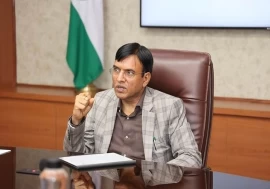
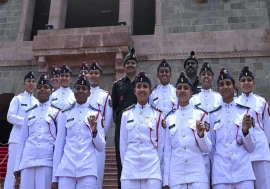
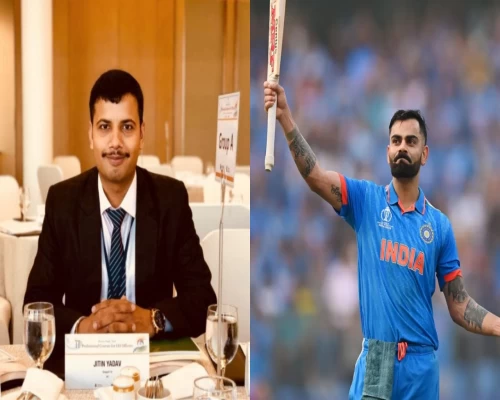
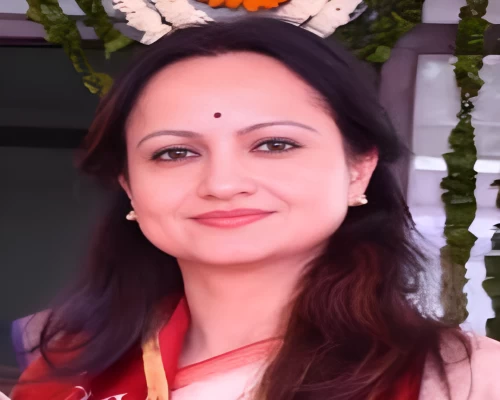
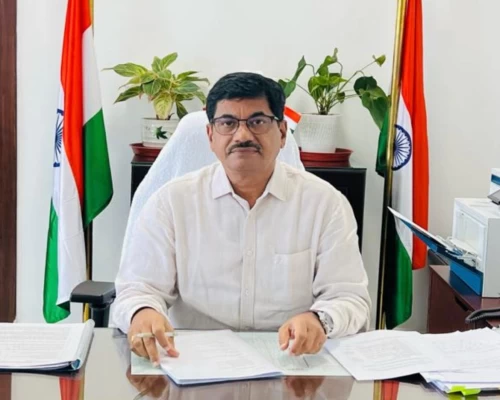
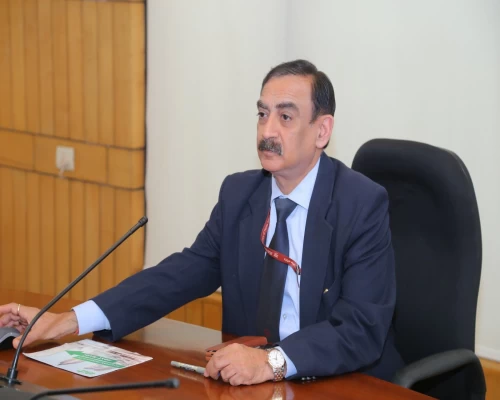
_500_x_400.webp)
